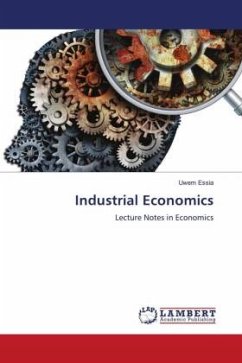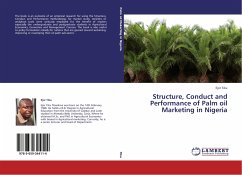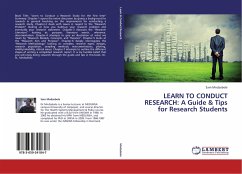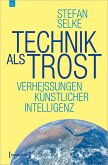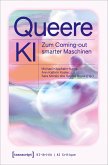Conventionally, industrial economics uses neoclassical economic theory to explain the productivity of enterprise/ industry. The micro-level concerns the analyses of structure, conduct, and performance and the competitiveness advantage factors of the firm/ industry. The macro-level deals with the analyses of capacities, incentives, and other policies and programs aiming to promote market-making, overall creativity, and innovativeness, and how the industry can be shielded from shocks. However, digitalization has changed the situation of firms/ industries and made neoclassical economics-inspired industrial economics models incapable to explain current realities. Also explained is how the surge in Artificial Intelligence has taken the Information Age to its advanced stage, referred to here as the Intelligentsia Age, and the rise of ingenuity capital as the comparative competitiveness advantage factor and source of surplus value in the new economy.
Bitte wählen Sie Ihr Anliegen aus.
Rechnungen
Retourenschein anfordern
Bestellstatus
Storno

